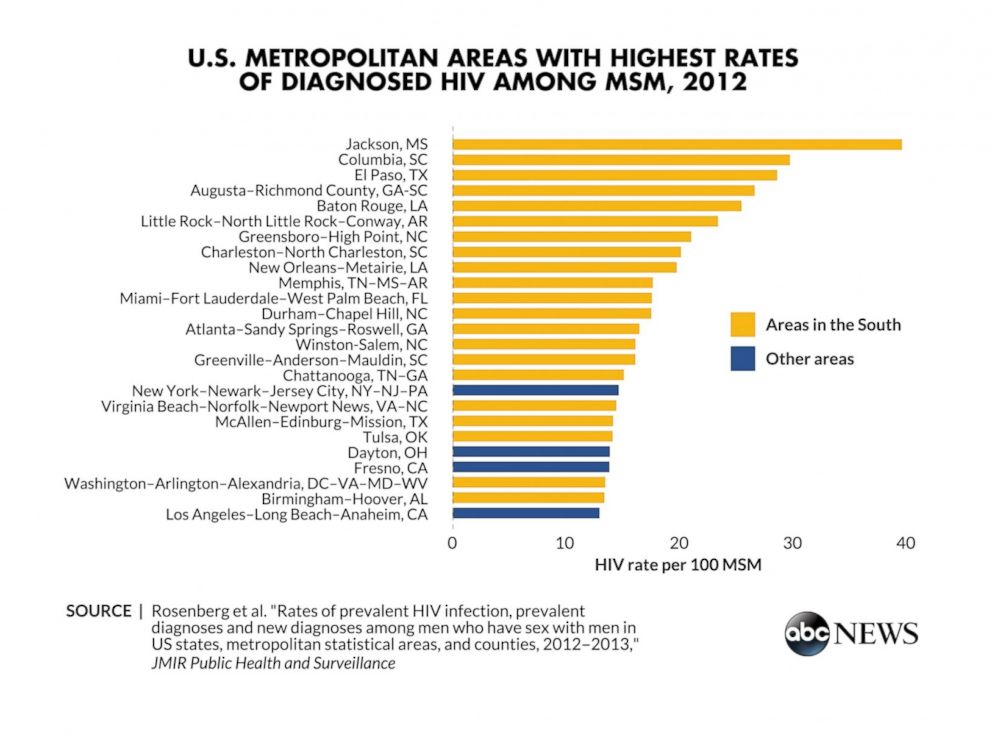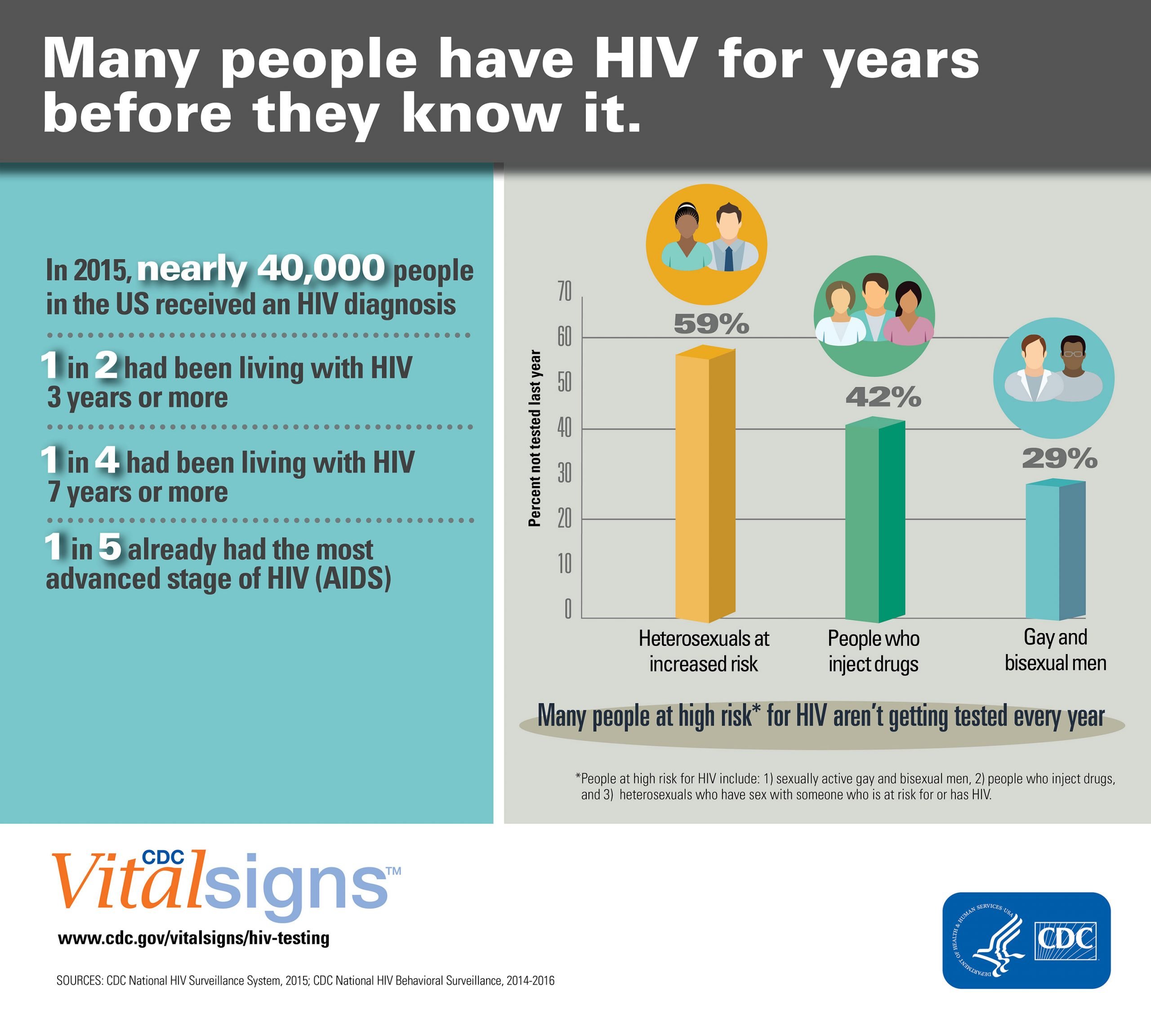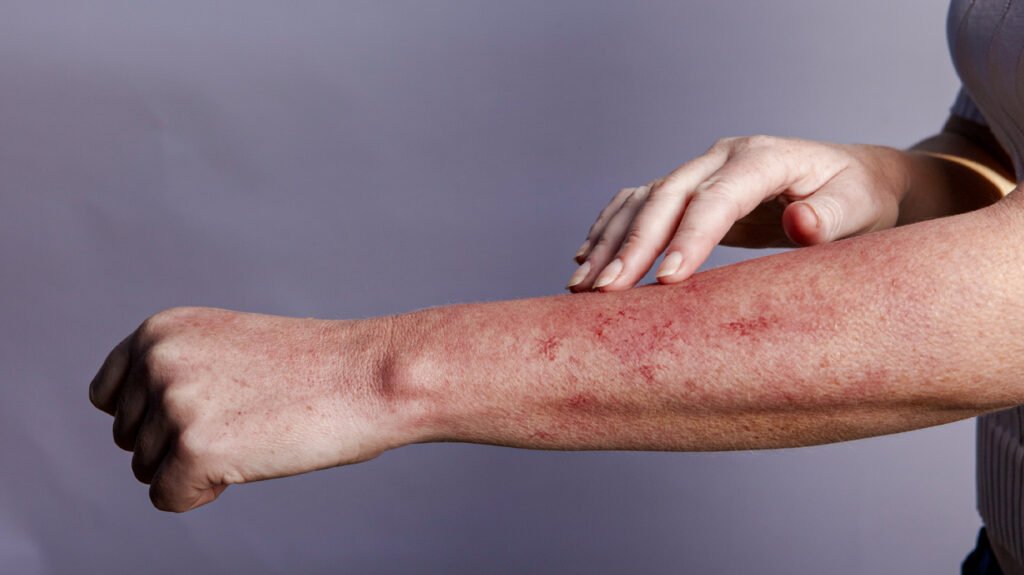Getting Pregnant When You Are Hiv
If you want to conceive, are an HIV-positive woman with an HIV-negative male partner, you can choose artificial insemination. You can do this at home using your partners semen, rather than having unprotected sex.
To improve your chances of becoming pregnant through artificial insemination it is best to do it at the most fertile time in your menstrual cycle.
Learning about fertility awareness will help you to know when you are most likely to conceive.
Speak to your GP, HIV doctor, sexual health nurse, or fertility specialist.
Taking Antiretroviral Treatment To Protect Your Baby
Taking treatment properly can reduce the risk of your baby being born with HIV to less than 1%.
If you knew that you were HIV-positive before you got pregnant, you may be taking treatment already. If you are not, talk to a healthcare professional about starting treatment as soon as possible.
If you found out that you living with HIV during your pregnancy, it is recommended that you start treatment as soon as possible and continue taking it every day for life.
Your baby will also be given treatment for four to six weeks after they are born to help prevent an HIV infection developing.
Viral Suppression Of Partner Living With Hiv
One of the best things that the male partner living with HIV can do is to take HIV drugs regularly and maintain an undetectable viral load even when he has no symptoms and a relatively healthy immune system.
Recent studies of serodifferent or serodiscordant couples, both gay and heterosexual , showed that taking HIV drugs and having an undetectable viral load reduces to zero the risk that a partner living with HIV will sexually transmit HIV to a partner who is not living with HIV. Please see our fact sheet on Undetectable Equals Untransmittable for more information on this exciting development.
Read Also: Can You Get Hiv From Dried Blood
Where To Get Help
- , Centers for Disease Control and Prevention.
- Palasanthiran P, Starr M, Jones C, Giles M 2014, Management of perinatal infections, Australasian Society for Infectious Diseases , Sydney.
- Recommendations for use of antiretroviral drugs in pregnant HIV-1-infected women for maternal health and interventions to reduce perinatal HIV transmission in the United States, 2017, Panel on treatment of HIV-infected pregnant women and prevention of perinatal transmission, AIDSinfo, USA.
- Antiretroviral drugs for treating pregnant woman and preventing HIV infection in infants Recommendations for a public health approach, 2010, World Health Organization.
- Perinatal exposure to HIV among children born in Australia, 19822006, Medical Journal of Australia, vol. 190, no. 8, pp. 416420.
- Perinatal exposure to HIV in Australia, 1982-1994, Medical Journal of Australia, vol. 166, no. 2, pp. 7780.
- Variable uptake of recommended interventions to reduce mother-to-child transmission of HIV in Australia, 1982-2005, Medical Journal of Australia, vol. 189, no. 3, pp. 151154.
- Lindsay, M 2014, Women with HIV infection on antiretroviral therapy with low viral loads can safely opt for vaginal delivery in the absence of obstetrical risk factors, Evidenced-Based Medicine, vol 19, no. 4, p. 159.
How Will Hiv Affect My Labor And Birth

If no preventative steps are taken, the risk of HIV transmission during childbirth is estimated to be 10-20%. The chance of transmission is even greater if the baby is exposed to HIV-infected blood or fluids. Health care providers should avoid performing amniotomies , episiotomies and other procedures that expose the baby to the mothers blood. The risk of transmission increases by 2% for every hour after membranes have been ruptured.Cesarean sections performed before labor and/or the rupture of membranes may significantly reduce the risk of perinatal transmission of HIV.Women who have not received any drug treatment before labor should be treated during labor with one of several possible drug regimens. These may include a combination of ZDV and another drug called 3TC or Nevirapine. Studies suggest that these treatments, even for short durations, may help reduce the risk to the baby.
Recommended Reading: Does Walgreens Do Hiv Testing
Medication For Your Baby
Your baby will need to take anti-HIV drugs for a period of time after birth. This will be in liquid form. This does not mean that your baby has HIV.
pre-exposure prophylaxis
Antiretroviral drugs used by a person who does not have HIV to be taken before possible exposure to HIV in order to reduce the risk of acquiring HIV infection. PrEP may either be taken daily or according to an event based or on demand regimen.
The length of time your baby will need to take medication will depend on your viral load. If you are undetectable throughout pregnancy, your baby will be giving medication for two weeks. If you are detectable, this may be extended to four weeks.
In the early years of your babys life, HIV tests will be done several times: just after birth at six weeks at 12 weeks and at 18 months .
If these tests are negative and you have never breastfed, you will know for sure that your baby does not have HIV.
Get Tested For Hiv As Soon As Possible To Know Your Status
- If you have HIV, the sooner you start treatment the betterfor your health and your babys health and to prevent transmitting HIV to your partner.
- If you dont have HIV, but you or your partner engage in behaviors that put you at risk for HIV, get tested again in your third trimester.
- You should also encourage your partner to get tested for HIV.
Recommended Reading: Does Nba Youngboy Have An Std
Testing Positive For Hiv During Pregnancy
HIV testing of women in early pregnancy is now routine in Australia. Testing should be done with your consent and is offered during your first set of antenatal tests.
If you receive a positive test result, be reassured that many people with HIV live a full and active life. The risk of HIV transmission to your child is very low, given appropriate treatment.
Support is available through:
- .
General Overview Of The Policy
All permanent resident applicants who are 15 years of age or older, as well as children who have certain risk factors, such as having received blood or blood products, having a known HIV-positive mother or being potential adoptees are required to undergo an HIV test as part of the medical examination.
As part of this medical examination, the responsible panel physician will provide post-test counselling to HIV-positive applicants as per the guide for designated medical practitioners. The panel physician will have the applicant sign the Acknowledgement of HIV post-test counselling form .
Applicants will then be required to attend an interview with a visa or immigration officer, where they will be informed of the Automatic partner notification policy for HIV-positive applicants in the family and dependant refugee classes and will be asked to sign the Acknowledgment of the automatic partner notification policy for HIV-positive applicants in the family and dependant refugee classes to indicate theyve been informed of this policy. The officer should be satisfied that the applicant has understood the implications and been informed of the policy and should address any concerns the applicant may have with regard to their application.
The visa or immigration officer will then give the applicant 60 days to disclose their HIV-positive status to their spouse or partner residing in Canada or withdraw their application.
Also Check: Hiv From Dried Blood
Telling Health Professionals About Your Hiv Status
It is important to tell your doctor, obstetrician or midwife about your HIV status as early as you can .
Telling your health team, helps to talk through any concerns you may have and ensure you receive treatment before that suits your needs, and is safe throughout pregnancy and after your baby is born.
Also, if your medical team knows about your HIV status, they can take steps to minimise the risk of accidental transmission during any medical procedures.
Pregnancy Childbirth & Breastfeeding And Hiv
FAST FACTS
- A pregnant woman living with HIV can pass on the virus to her baby during pregnancy, childbirth and through breastfeeding.
- If you are a woman living with HIV, taking antiretroviral treatment correctly during pregnancy and breastfeeding can virtually eliminate the risk of passing on the virus to your baby.
- Attending antenatal appointments means you can get tested for HIV and if needed receive treatment and medical advice to help keep you and your baby healthy.
Read Also: Can You Get Hiv From Dried Blood
Managing Illness As A Parent
Although medical advances now allow people with HIV to live full, healthy lives, you may have times where you or your partner is unwell or needs medical care.
As with any longer-term illness, this can impact on your ability to earn an income, manage a household or raise children.
Living with chronic illness can be a challenge and sometimes families need extra support. Trying to sort things out on your own can make life seem overwhelming. Dont be afraid to ask for help from expert organisations that support people with HIV.
Can I Take Hiv Medicine During Pregnancy

HIV-infected pregnant women should take HIV medicines. These medicines can lower the risk of passing HIV to a baby and improve the mother’s health.
If you haven’t used any HIV drugs before pregnancy and are in your first trimester, your doctor will help you decide if you should start treatment. Here are some things to consider:
- Nausea and vomiting may make it hard to take the HIV medicine early during pregnancy.
- It is possible the medicine may affect your baby. Your doctor will prescribe medicine that is safe to use during pregnancy.
- HIV is more commonly passed to a baby late in pregnancy or during delivery. HIV can be passed early in pregnancy if your viral load is detectable.
- Studies show treatment works best at preventing HIV in a baby if it is started before pregnancy or as early as possible during pregnancy.
If you are taking HIV drugs and find out you’re pregnant in the first trimester, talk to your doctor about sticking with your current treatment plan. Some things you can talk about with your doctor include:
Recommended Reading: Can You Get Hiv From Dried Blood
Interview With A Visa Or Immigration Officer
Verification of post-test counselling
Given the serious medical, ethical and legal concerns involved when dealing with HIV-positive applicants, officers should ensure that all of these applicants are interviewed in person. Visa and immigration officers should not discuss the issue of partner notification with applicants who do not possess an Acknowledgement of HIV post-test counselling form .
If, during an interview, it becomes apparent that the applicant does not adequately understand the nature of their medical condition, the interview should be suspended. In these cases, the officer should advise the applicant to revisit the panel physician originally seen to seek further counselling and should request that another Acknowledgement of HIV post-test counselling form be provided.
Once the officer is satisfied that the applicant understands the implications of their medical condition, the officer should proceed with an explanation of the Automatic partner notification policy for HIV-positive applicants in the family and dependant refugee classes.
Note: IRCC attests that this policy is not intended to inflict unnecessary hardship on applicants or sponsors. Rather, it is a measure to protect the health and safety of the spouses and partners of applicants in the family and dependent refugee classes who test positive for HIV.
How Can We Conceive If One Of Us Is Hiv Negative And One Is Living With Hiv
When a person living with HIV has an undetectable viral load, there is no risk of HIV transmission during sex. Providing the partner living with HIV has an undetectable viral load and neither of you have any sexually transmitted infections , sex without a condom is fine.
If you or your partner have a detectable viral load, it is important to discuss conception options that reduce or remove risk of transmission during sex to you/your partner and baby. Before deciding not to use condoms, get advice from your HIV healthcare team so that they can confirm what would work best for you. This may include the HIV-negative partner taking PrEP. PrEP reduces HIV transmission and is safe to take during pregnancy and breastfeeding.
Everyone planning a pregnancy whether or not they have HIV is advised to take a daily folic acid supplement whilst trying to conceive and for the first 12 weeks of pregnancy. Folic acid helps cells in the body to develop. It is difficult to get enough through diet alone.
Don’t Miss: Does Cookie Johnson Have Hiv
Can Hiv Be Prevented
To reduce the risk of getting HIV, people who are sexually active should:
- use a condom every time they have sex
- get tested for HIV and make sure all partners do too
- reduce their number of sexual partners
- get tested and treated for STDs having an STD increases the risk of HIV infection
- consider taking a medicine every day if they are at very high risk of getting infected
For everyone:
- Do not inject drugs or share any kind of needle.
- Do not share razors or other personal objects that may touch blood.
- Do not touch anyone else’s blood from a cut or sore.
Having A Baby When You Have Hiv
Early in the epidemic, people with HIV wrestled with the idea of having children, since there was a 25% chance the infant would be born with HIV. For some women and potential fathers, those odds were too high. Dina M., quoted in a 1991 article in The New York Times, had planned her pregnancy. But then she had second thoughts and had an abortion. “I just didn’t know what to do. If I kept the baby my life would have probably ended. If I had the baby, there was the possibility that the baby wouldn’t last very long.” In the same article, one woman said her doctor in Manhattan, whom she had seen for six years, told her she did not feel “emotionally” she could deliver her baby and referred her elsewhere.
But the results of PACTG Study 076, released in 1994, showed that HIV treatment could dramatically reduce the chance of an HIV-positive mother passing the virus to her child. Subsequent research and clinical practice have resulted in lowering that risk to less than 1%. In New York State, for example, the number of cases of transmission during pregnancy has declined from 97 cases in 1997 to just three in 2010 — a transmission rate of 0.7%.
Recommended Reading: Does Nba Youngboy Have Hiv
Is There A Safe Hiv Treatment During Pregnancy
The United States Public Health Service recommends that HIV-infected pregnant women be offered a combination treatment with HIV-fighting drugs to help protect her health and to help prevent the infection from passing to the unborn baby.Zidovudine was the first drug licensed to treat HIV. Now it is used in combination with other anti-HIV drugs and is often used to prevent perinatal transmission of HIV. ZDV should be given to HIV-infected women beginning in the second trimester and continuing throughout pregnancy, labor, and delivery. Side effects include nausea, vomiting and low red or white blood cell counts.
Protecting Your Baby During Childbirth
If you take your treatment correctly, it will lower the amount of HIV in your body. In some people, the amount of HIV in their body can be reduced to such low levels that it is said to be undetectable .
This means that you can plan to have a vaginal delivery because the risk of passing on HIV to your baby during childbirth will be extremely small.
If you dont have an undetectable viral load, you may be offered a caesarean section, as this carries a smaller risk of passing HIV to your baby than a vaginal delivery.
If your HIV test result comes back positive, there are a number of things you can do to reduce the risk of passing HIV to your baby.
I was diagnosed with HIV. After a few years I entered a relationship and we decided to have children. My HIV consultant assured me that it was fine since my viral load was undetectable. I had my twins through C-section, which was planned.
Don’t Miss: Is Undetectable Hiv Contagious
If Both Partners Have Hiv
Even if both partners have HIV, it is important that both have an undetectable viral load to prevent reinfection. Reinfection can lead to transmitted resistance, in which a drug-resistant strain of HIV is passed to a partner, potentially undermining the effectiveness of the drugs they are taking.
Identification Of An Hiv

Responsible medical officer
The responsible medical officer will notify the responsible immigration program manager in writing when an applicant who is exempt under subsection A38 tests positive for HIV, including any risk assessment made on public health or public safety grounds.
Family class procedures
For those who took advantage of the family class procedures, some applicants may already know their HIV status before missions have received their completed applications and created family class files. In such cases, missions should not initiate any partner notification process until a file has been created at the visa office and the applicant has completed all necessary counselling as per the instructions below.
Don’t Miss: Does Cookie Johnson Have Hiv
Reducing Hiv Transmission During Labour
Ways to reduce HIV transmission during birth include:
- Avoiding procedures in labour that may scratch or cut the babys skin, wherever possible .
- Giving antiretroviral medications to the newborn for around 4 weeks after birth.
Caesarean delivery is recommended if a woman:
- Has a detectable viral load, .
- Is not taking antiretroviral treatment.
- Experiences obstetric delivery complications .
- Has other medical illness complications.